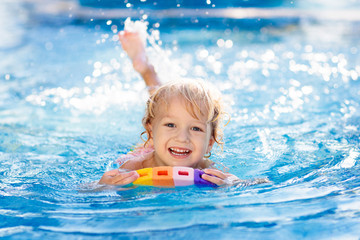The Department of Health is advising Victorians not to swim in public swimming pools for at least two weeks if they have had diarrhoea, as cases of cryptosporidiosis (‘crypto’) begin to increase across the state.
There have been 87 cases of parasitic infection reported in Victoria so far this year.
While cases typically increase in the warmer months, current figures are above the five-year average.
It follows a record 2,349 crypto cases reported to the Department of Health in 2024, which was a 233 per cent increase on the previous year.
Cryptosporidiosis can cause watery diarrhoea and stomach cramps for several weeks. People with a weakened immune system are at risk of prolonged illness.
Chief Health Officer Tarun Weeramanthri confirmed that chlorine kills most germs in treated public pools but some, such as cryptosporidium, were highly resistant to chlorine at normal concentrations and can present a health risk.
“It’s important to remember that you remain infectious for several weeks after your diarrhoea stops,” he said.
“So don’t swim until two weeks after your symptoms have stopped,” Dr Weeramanthri added.
“It’s the simple steps that are most effective – showering with soap before swimming will help keep germs out of the water.
“And, of course, avoid swallowing the pool water if you can.”
If you think you or your child may have cryptosporidiosis, contact your doctor for testing.
Five simple steps people can take to help keep the water clean:
• Do not swim for two weeks after diarrhoea stops if you have had cryptosporidiosis or diarrhoea of unknown cause.
•Shower and wash with soap, especially your bottom, before swimming.
• Wash your hands with soap after going to the toilet or changing a nappy.
• Change nappies in nappy change areas only.
• Avoid swallowing pool water.



